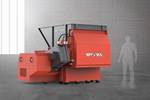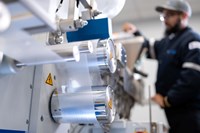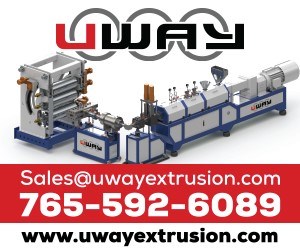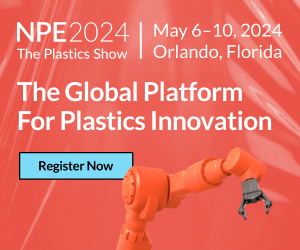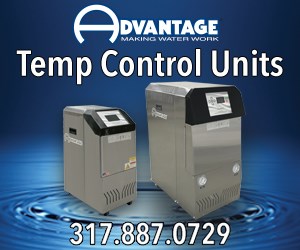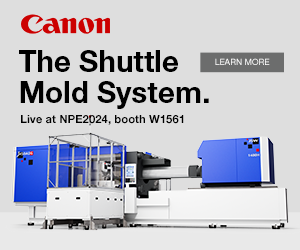PIR Content TPEs for Automotive Exteriors
Kraiburg TPE’s new series of compounds to help European OEMs use optimum materials for future automotive exterior applications.
A series of TPEs for exterior automotive applications that contains a high percentage of postindustrial recycled (PIR) materials newly available Germany’s Kraiburg TPE (U.S. office in Buford, Ga.) is supplying new solutions that push the plastics circular economy forward.
The company’s new K series of TPE compounds are designed to enable European OEMs to still use optimum materials for exterior automotive applications in the future. The highlight: With at least a 20% proportion of PIR materials, the compounds meet the OEMs’ high requirements and contribute to building a circular plastics economy At first sight, the European OEMs’ sustainability strategies are as diverse as their product ranges – but a closer look shows that they all share the same basic idea: promoting the establishment of a regenerative economic system and reducing CO2 emissions. Plastics play a decisive role here, as the recyclability of the materials makes a positive contribution to the project.

Kraiburg TPE has made intensive efforts to understand the future requirements of European OEMs and is now presenting a new RC/UV series. It is targeted to meet the high requirements for OEMs’ automotive exteriors such as weathering resistance and a high surface quality, using a proportion of PIR materials ranging from a minimum of 20% to a maximum of 40%.
The main target of development reportedly has been achieved: the highest possible proportion of recycled materials in the individual hardness ranges. Adhesion to PP enables the implementation of single-component and multicomponent parts. The low density of the new compound series is said to allow weight reductions of up to 25% as compared to conventional TPEs. As an overall package, the properties of the new series are effective relative to the environmental aspect that the suppliers are focusing on.
The RC/UV series is particularly suited for exterior, underside and under-the-hood areas of automobiles. Target applications for the new solutions include water tank covers, air duct parts, wheel arch liners, drip rails and window encapsulations. Further technical details include: hardness range from 50 to 90 Shore A; ozone and weathering stability in accordance with OEM requirements; and, thermal stability of up to 90 C/194 F.
“To take the first steps towards a more sustainable automobile, the plastics industry needs to not only think about moving towards the circular economy but also has to take action. Solutions are needed that meet the high-quality standards of OEMs and overcome challenges such as supply security and reliability. Kraiburg TPE meets this standard with our new UV/RC series. We want to proceed toward sustainable applications together with our customers,” says Matthias Michl, Kraiburg TPE’s head of automotive application development. The compounds are now available in black.
Related Content
-
GEON Performance Solutions Buys PolymaxTPE
Combined company aims to be global leader in thermoplastic elastomers.
-
General Polymers Thermoplastics to Further Expand Distribution Business
NPE2024: Following the company’s recent partnership buyout, new North American geographic territories are in its sight.
-
Printable Thermoset Polyurethane
Chromatic 3D Materials launched ChromaMotive D65, designed for additive manufacturing.


